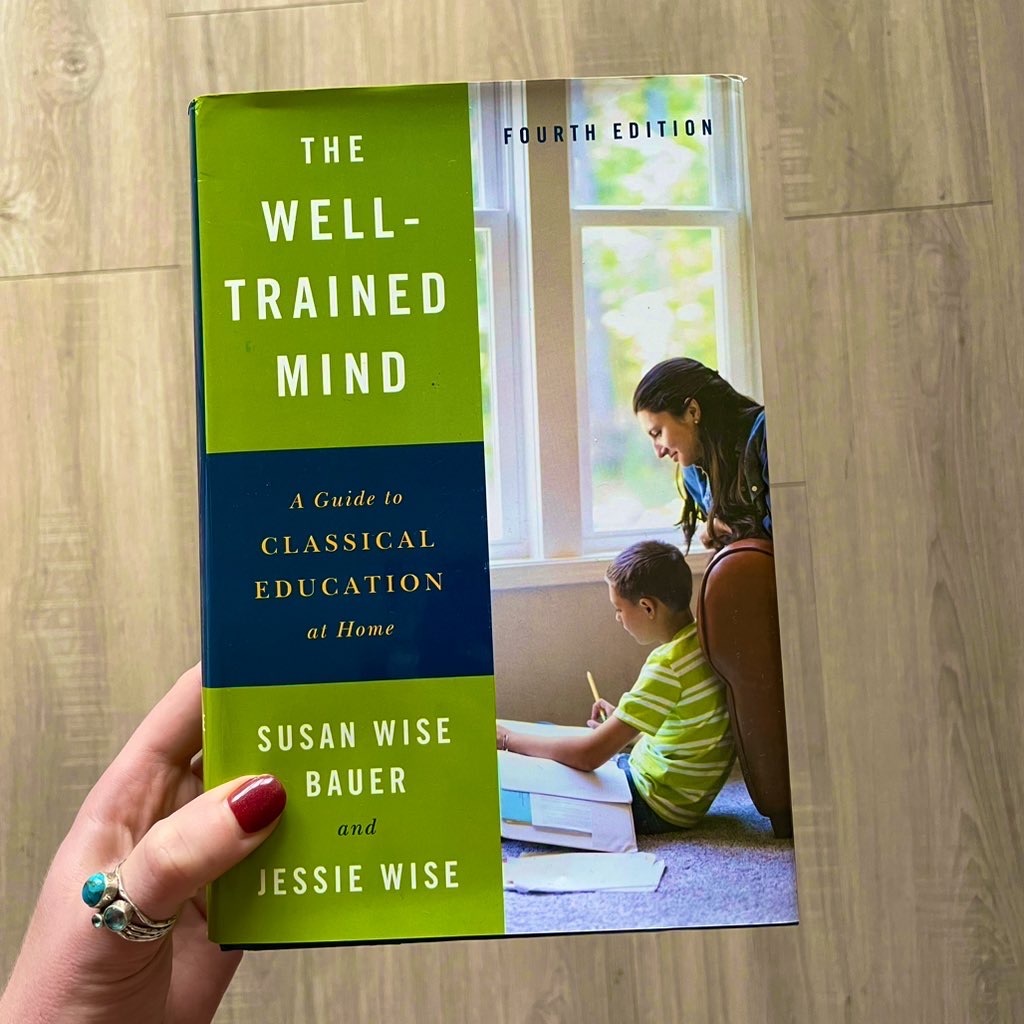
The childhoods of successful people all have one thing in common:
Adults who do things beyond the classroom to facilitate learning.
11 things you can do at home with your kids - today, and for free - to give them a leg up on their education:
Adults who do things beyond the classroom to facilitate learning.
11 things you can do at home with your kids - today, and for free - to give them a leg up on their education:

1. Plan a budget
Budgeting is a great way to teach your kids about math, money, planning, and strategy.
Give them a set dollar amount to plan:
-a vacation
-a Saturday full of fun activities
-a dinner
-dessert
-a book store haul
Add parameters to give them an extra challenge.
Budgeting is a great way to teach your kids about math, money, planning, and strategy.
Give them a set dollar amount to plan:
-a vacation
-a Saturday full of fun activities
-a dinner
-dessert
-a book store haul
Add parameters to give them an extra challenge.
2. Read aloud
Reading aloud is sorely underrated. Have family reading time:
-after school
-at the breakfast table
-at the dinner table
-at bedtime
-on the weekends
Choose a chapter book the whole family will enjoy, and let it be a bonding (and literacy reinforcement) activity.
Reading aloud is sorely underrated. Have family reading time:
-after school
-at the breakfast table
-at the dinner table
-at bedtime
-on the weekends
Choose a chapter book the whole family will enjoy, and let it be a bonding (and literacy reinforcement) activity.
3. Play math games
Teach your kids fractions when you're dividing a pizza.
Play games like monopoly and let your kid be the banker.
Let your kids tally up your spare coin collection (and use the extras to buy a treat).
Teach your kids fractions when you're dividing a pizza.
Play games like monopoly and let your kid be the banker.
Let your kids tally up your spare coin collection (and use the extras to buy a treat).
4. Challenge your kid's mathematical awareness
Play estimation games:
-What time will we get home?
-How many chocolates are in this bag?
-How many boxes can we fit in the back of the car?
-How tall is that hill? (Your phone's altimeter is great for this.)
Play estimation games:
-What time will we get home?
-How many chocolates are in this bag?
-How many boxes can we fit in the back of the car?
-How tall is that hill? (Your phone's altimeter is great for this.)
5. Write a chain story
Give your kids a writing prompt, then take turns writing a story.
You can set any parameters you like ("we'll each write a page at a time" or "write until you have a cliffhanger").
This is a great way to foster creativity, and to make writing fun.
Give your kids a writing prompt, then take turns writing a story.
You can set any parameters you like ("we'll each write a page at a time" or "write until you have a cliffhanger").
This is a great way to foster creativity, and to make writing fun.
6. Let your kids obsess over their interests.
Steve Jobs spent hours deconstructing and building radios at home.
Future novelists spend hours writing fiction.
Create an environment where your kids can pour over the things they find interesting (and learn through doing).
Steve Jobs spent hours deconstructing and building radios at home.
Future novelists spend hours writing fiction.
Create an environment where your kids can pour over the things they find interesting (and learn through doing).
7. Keep a scientific log
Keeping notes (and making scientific observations) is a great way to hone your kids' observational and writing skills.
They can choose anything they find interesting: the weather, the mail route, the lifecycle of a caterpillar, mold on a piece of bread.
Keeping notes (and making scientific observations) is a great way to hone your kids' observational and writing skills.
They can choose anything they find interesting: the weather, the mail route, the lifecycle of a caterpillar, mold on a piece of bread.
8. Shadow someone
Few things are as mind-expanding as getting to watch an adult working in a field you find fascinating.
Find a local adult - calligrapher, botanist, chiropractor, historian, whatever your kid thinks is cool.
Let that adult become a mentor and encourager.
Few things are as mind-expanding as getting to watch an adult working in a field you find fascinating.
Find a local adult - calligrapher, botanist, chiropractor, historian, whatever your kid thinks is cool.
Let that adult become a mentor and encourager.
9. Join (or start!) a book club
You can do this as a family (everyone reads and then discusses the same book), with friends, or at the local library.
For older kids, give them the challenge of starting and running a book club themselves.
You can do this as a family (everyone reads and then discusses the same book), with friends, or at the local library.
For older kids, give them the challenge of starting and running a book club themselves.
10. Do hands-on projects
Cooking, building, gardening, and household DIYs are all great multi-disciplinary skill-building activities.
Your kids learn transferrable skills like math and problem solving, and they also learn practical hands-on skills (which last a lifetime).
Cooking, building, gardening, and household DIYs are all great multi-disciplinary skill-building activities.
Your kids learn transferrable skills like math and problem solving, and they also learn practical hands-on skills (which last a lifetime).
11. Write letters
The art of correspondence is dying, but it shouldn't be - it's a great way to hone writing, communication, and interpersonal skills (and few things are as fun as awaiting a letter in the mail).
Older adults or friends far away make especially good penpals.
The art of correspondence is dying, but it shouldn't be - it's a great way to hone writing, communication, and interpersonal skills (and few things are as fun as awaiting a letter in the mail).
Older adults or friends far away make especially good penpals.
You don't have to pull your kids out of school to deliver an amazing education.
That amazing education can start at home, today, no matter what school they're in.
This list is just the tip of the iceberg. For others, start here:
rebeleducator.co/things-to-do-t…
That amazing education can start at home, today, no matter what school they're in.
This list is just the tip of the iceberg. For others, start here:
rebeleducator.co/things-to-do-t…
What else would you add to this list?
If you found this thread helpful:
-retweet the first tweet so others can find it
-follow @rebelEducator for more ideas on improving your kids' education.
If you found this thread helpful:
-retweet the first tweet so others can find it
-follow @rebelEducator for more ideas on improving your kids' education.
https://twitter.com/rebelEducator/status/1632897496547569665
• • •
Missing some Tweet in this thread? You can try to
force a refresh












